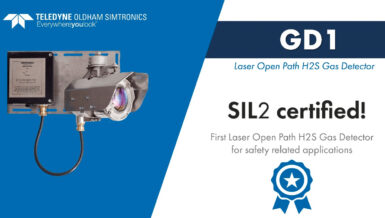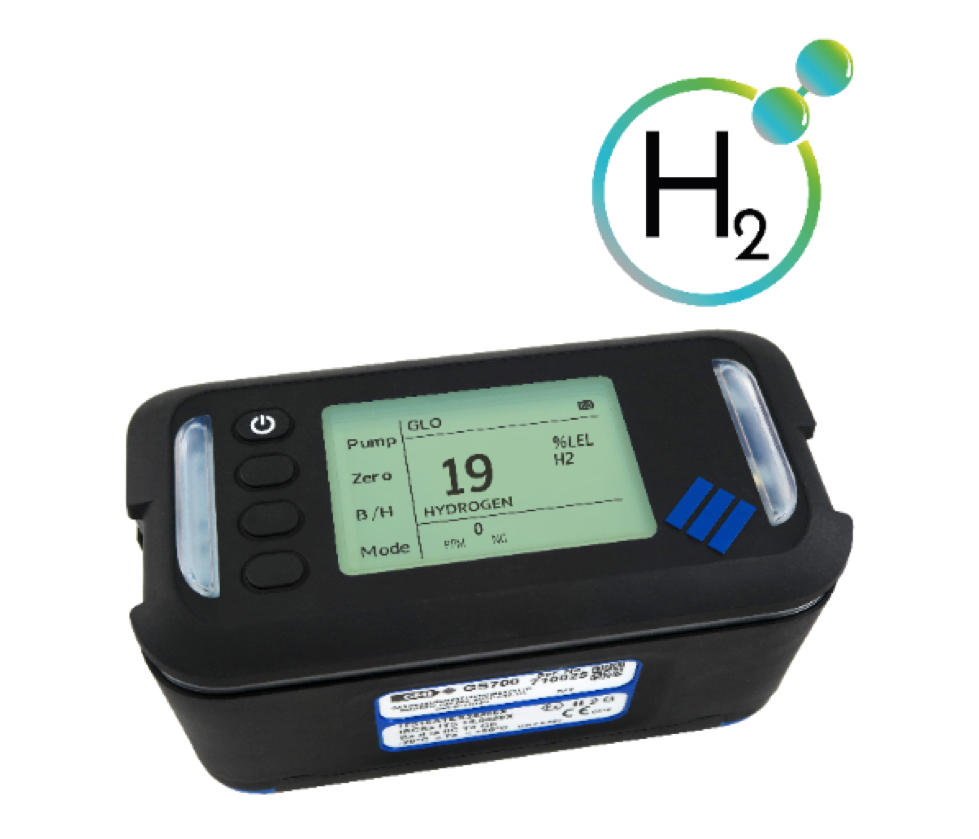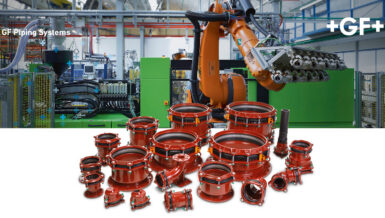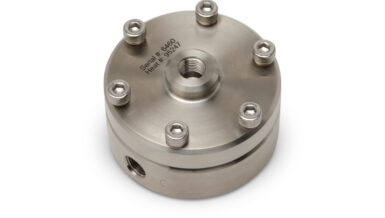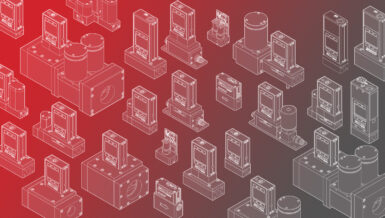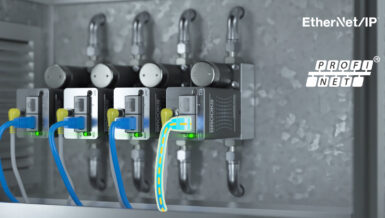HRS has long argued that if biogas energy is to fulfil its potential, then the benefits of using digestate as part of sustainable farming practices must also be maximised. It is therefore reassuring to see Europe’s leading biogas association highlighting how digestate can act as a ‘driver of the agroecological transition in Europe’1 and its importance in promoting and maintaining soil health.2
Matt Hale, International Sales & Marketing Director at HRS Heat Exchangers comments: “Once again the EBA has highlighted the benefits of digestate in fulfilling not only European, but global goals for climate change, soil health and sustainable agricultural production. However, as we have said over the last few years, if digestate is to meet this potential, plant operators and developers need to view digestate production as being as important as biogas production.”
The use of digestate as a sustainable biological fertiliser can be improved with pasteurisation to prevent the spread of pathogens, weed seeds and crop diseases. One of the most energy-and cost-efficient methods to pasteurise digestate is the HRS Digestate Pasteurisation System (DPS), which is based on heat exchangers rather than tanks with heating jackets. Using heat exchangers means that effective digestate pasteurization is possible using surplus heat while allowing additional thermal regeneration levels of up to 60%.
The standard 3-tank DPS provides continuous pasteurisation, with one tank being pasteurised while one is filling, and another being emptied. The DPS uses a double-tube heat exchanger to heat the digestate to 75 °C above the required pasteurisation temperature. This allows for variation in the sludge consistency and its incoming temperature, making sure that the digestate is always properly pasteurised. The tanks can also be used individually, for example to allow for routine maintenance.
Another system to improve the management and handling of digestate is the HRS Digestate Concentration System (DCS), which uses patented technology to reduce the volume of liquid digestate up to 90%, raising the concentration of total solids to 20% solids while also maximising the nutrient content, using heat from the AD plant’s CHP engine. Lower water content also means reduced transport costs and field traffic, bringing further benefits in terms of reduced compaction caused by the application of the digestate to land.
Another benefit of the DCS is odour and ammonia control, which helps increase the nutrient content of the digestate. The high temperatures and vacuum conditions needed to concentrate digestate can cause the release of ammonia, largely responsible for the odours associated with digestate. The DCS overcomes this by acid-dosing the digestate with sulphuric acid, thereby decreasing the pH levels. This turns the ammonia into ammonium sulphate, which is not only less odorous, but is also an ideal crop nutrient.
1 https://www.europeanbiogas.eu/digestate-as-driver-of-the-agroecological-transition-in-europe/
2 EBA Position Paper on Impact Assessment of EU Soil Health. https://www.europeanbiogas.eu/wp-content/uploads/2022/03/20220316-EBA-Soil-Health-Law-IA-call-for-evidence-1.pdf





